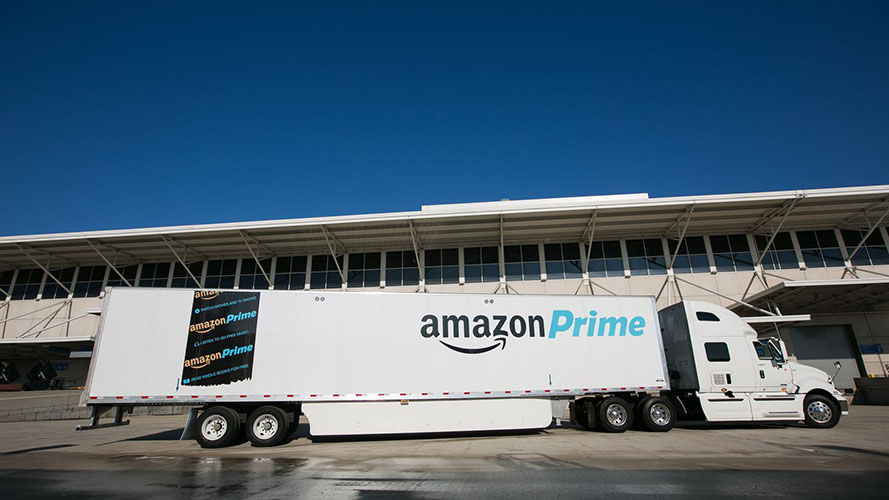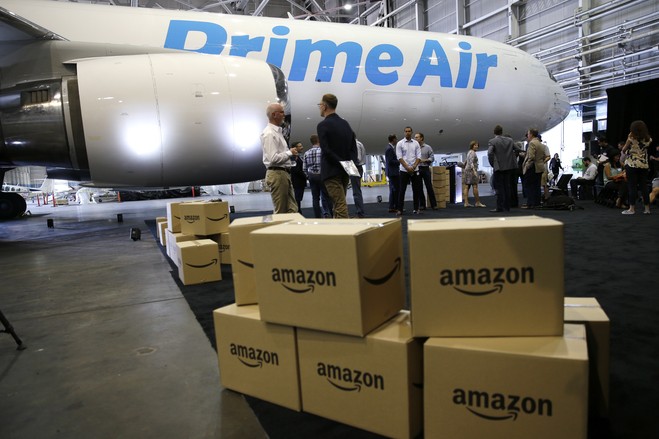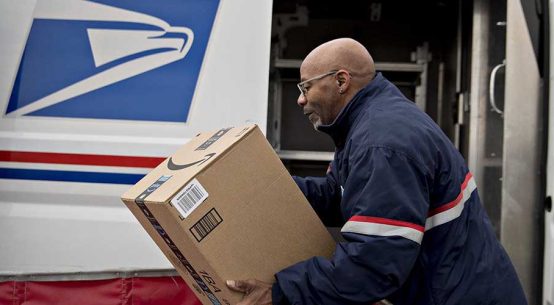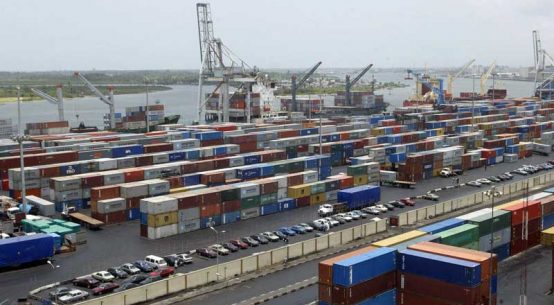
Could Amazon’s future business delivery service hurt FedEx Corp. and UPS Inc.? – Memphis Business Journal. Its the latest initiative aimed at taking more control over what happens after a package leaves an Amazon warehouse.
Memphis Business Journal – The article outlined a new “Shipping with Amazon” service where Amazon would pick up packages from businesses and ship to customers. The markets responded to that article — and the plethora of similar headlines that followed — with both Memphis-based FedEx Corp. and UPS stock experiencing a slight dip.
The managing partner of a Memphis-based hedge fund that holds both FedEx and Amazon.com said the market has overreacted.
Should FedEx and UPS feel threatened by Amazon?
That one question has been asked repeatedly over the last few years, and it was once again raised in earnest last week when The Wall Street Journal (WSJ) published an article Feb. 9, “Amazon to launch delivery service that would vie with FedEx, UPS.”
The article outlined a new “Shipping with Amazon” service where Amazon would pick up packages from businesses and ship to customers. The markets responded to that article — and the plethora of similar headlines that followed — with both Memphis-based FedEx Corp. and UPS stock experiencing a slight dip.
But, the question remains: Should the delivery giants be worried that the “Amazon effect” could be headed their direction?
The managing partner of a Memphis-based hedge fund that holds both FedEx and Amazon.com said the market has overreacted.
“If Amazon — right now — were to be forced to self-distribute for their goods that are being sold both directly and through independent third parties, their distribution network couldn’t deliver 5 percent of the goods that they are selling,” said Trip Miller, managing partner at Gullane Capital Partners LLC.
“For the very long term, and I believe that goes out over a decade, Amazon is very dependent on third-party sources for delivery.”

Miller, an Amazon shareholder, said it is smart for the Seattle-based tech company to diversify its delivery network. On the flip side, he is less concerned as a FedEx shareholder then he might be if he owned UPS stock.
That concern simply comes down to the numbers, Miller said, citing a figure that FedEx itself frequently notes: No one customer, including Amazon, accounts for more than 3 percent of FedEx’s revenue.
However, Amazon reportedly accounts for about 10 percent of UPS’ revenue.
“While FedEx obviously makes money off of Amazon, they have been smart enough to maintain a more diversified pool of customers and not get overdependent on Amazon,” Miller said. “FedEx could lose Amazon, and in the short run it wouldn’t move the needle much as far as their revenue or earnings. If Amazon where to really affect UPS — if they were to lose that business or that business went somewhere else because Amazon was self-distributing goods — it could have a much bigger impact.”
Both Miller and Amit Mehrotra — an analyst in New York with Deutsche Bank — noted Amazon’s rapid growth, which makes the e-retailer more dependent on FedEx, UPS and the U.S. Postal Service.
Mehrotra said while the “Shipping with Amazon” news was a “neutral to negative” development for delivery and logistics companies such as FedEx and UPS, he continues to have a buy rating for both companies’ stock.
“I do think FedEx and UPS have to ask themselves what type of stance they take — especially UPS more than FedEx,” Mehrotra said. “UPS has decided to lean into e-commerce and lean into Amazon in many different respects, so they have to have a reality check of how they deal with a customer who is also potentially a new competitor. I think some of this is a shot across the bow by Amazon.”

In light of the issues UPS had during the most recent Cyber Week, Mehrotra said, Amazon was “rightfully” trying to figure out the future of its own business. That means having plans B, C and D if one of its vendors is not able to execute.
Another big question to ask — does Amazon want to be all-in when it comes to building, managing and owning everything required for a full-scale, nationwide delivery network?
Amazon is not in the business of investing in highly depreciating, unscalable assets like trucks, or having to contend with potential workers unions, Mehrotra said.
The bottom line: Whenever Amazon enters a new sector, fear follows — a valid reaction to a company that has earned its reputation as a disruptor.
But, when it comes to package delivery, potential damage to existing players is not imminent.
“I feel strongly, the mote these companies have is significant,” Mehrotra said. “I don’t care who you are, it is not easy to do what FedEx and UPS do, day-in and day-out. Also, Amazon is growing at a 20-30 percent clip every year; they need as much capacity as they can get their hands on.
For more Logistics News, Follow us on TWITTER Follow us on FACEBOOK
FedEx, UPS and the U.S. Postal Service are the three biggest sources of that capacity. For anybody to think Amazon is going to disintermediate FedEx and UPS within the horizon of the next five to 10 years is not the right conclusion, given how quickly they are growing and the nascency of e-commerce today.”








